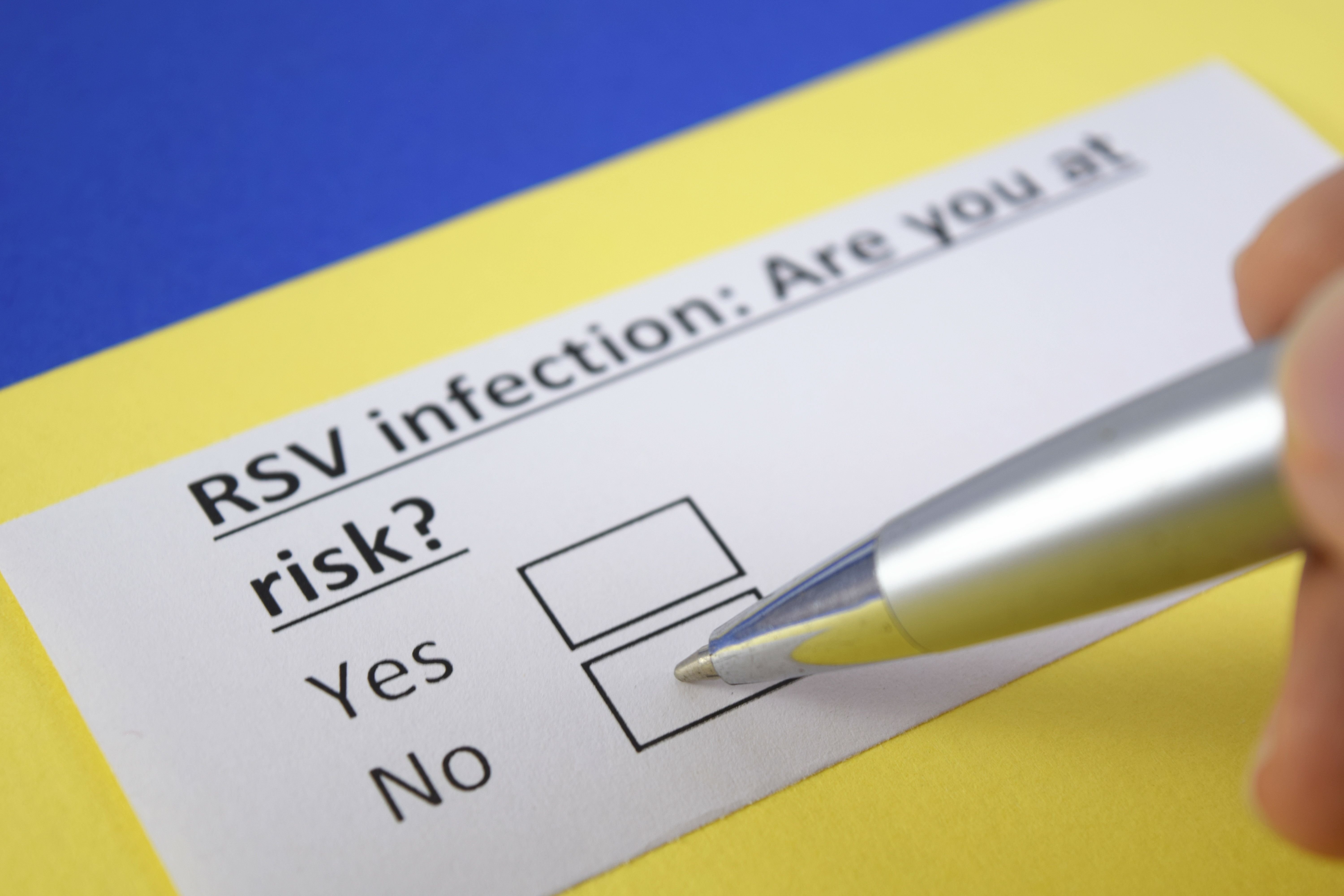- Center on Health Equity & Access
- Clinical
- Health Care Cost
- Health Care Delivery
- Insurance
- Policy
- Technology
- Value-Based Care
Community Pharmacies Hold Key Role in Protecting Older Adults From RSV
New research reveals gaps in respiratory syncytial virus (RSV) knowledge among older adults and emphasizes the impact community pharmacies can have at improving education and vaccine uptake.
Across independent community pharmacies, a study found that 78% of older adults surveyed had not received respiratory syncytial virus (RSV) education from their health care providers, underscoring the pivotal role of community pharmacies in bridging this gap.1

These findings point to the need for enhanced educational initiatives to improve vaccination rates and protect vulnerable populations.
The multisite cross-sectional pilot study is published in Journal of Pharmacy Technology.
“The results of this study provide valuable insights into participants’ knowledge and understanding of RSV and its vaccine,” wrote the researchers of the study. “Conducted across 4 independent community pharmacy sites, the study highlights gaps in patient education and variations in willingness to receive the RSV vaccine.”
RSV poses significant health risks for adults 60 years and older, particularly those with underlying conditions. A recent study in this patient population found that RSV vaccination was 77% to 81% effective against associated critical illness, hospitalization, and emergency department encounters in the 2023-2024 season.2 This marked the first RSV season following the release of the approved vaccines, emphasizing their success.
In the present study, the researchers aimed to evaluate patient knowledge about RSV and to provide patients with information about the virus and the vaccination.1
The study was conducted across 4 independent community pharmacy sites from September 12, 2023, to March 11, 2024. Participants 60 years or older were invited to complete a 14-question survey designed to assess their knowledge of RSV and their willingness to receive the RSV vaccine. Survey questions covered demographics, long-term health conditions, knowledge about RSV transmission and prevention, prior education from health care providers, and vaccine acceptance or refusal.
Participants received an educational handout developed by site pharmacists using CDC guidelines and were offered verbal counseling to support shared decision-making about vaccination. Vaccines were administered on site for participants who consented, regardless of whether they opted for counseling. Data from the anonymous surveys were analyzed using descriptive statistics to evaluate participants’ understanding of RSV, sources of prior knowledge, and factors influencing vaccine uptake or refusal.
The study included 518 participants, with most aged 71 to 80 years (48%), female (61%), and White (87%) and non-Hispanic (81%). Among them, 61% reported having long-term health conditions, with cardiovascular disease (49%) and lung disease (21%) being the most common.
The primary outcome revealed significant gaps in RSV knowledge, with 78% of participants reporting having never received RSV education from health care providers, although 70% correctly identified its transmission methods. Additionally, 60% of participants understood how to protect themselves, and 58% recognized that prior infection does not confer immunity.
Regarding vaccination, 63% of participants opted to receive the RSV vaccine on site after completing the survey. Among those who declined, the leading reasons were recent vaccination (57%), lack of perceived necessity (22%), and concerns about adverse effects (11%).
The study faced several limitations. The survey was only available in English, potentially excluding non–English-speaking individuals and limiting participant diversity. Also, variability in survey administration across the 4 pharmacy sites, managed by different pharmacy residents may have influenced participant understanding, response accuracy, and willingness to participate. The study's small geographic scope limited the generalizability of its results to broader community pharmacy settings, and inconsistencies in pharmacist presence and engagement due to the residents’ limited availability at each site further challenged the uniformity of survey delivery and participant interaction.
Despite these limitations, the researchers believe the study findings provide valuable insights on the knowledge and attitudes toward RSV and its vaccine in an older adult population.
“The willingness to receive the RSV vaccine was relatively high among participants who received verbal counseling and education from a pharmacist along with the educational handout, although vaccine hesitancy remains a barrier,” wrote the researchers. “This study emphasizes the critical role of a community pharmacist in health care delivery and the need for enhanced educational efforts to support vaccination programs and shared clinical health care decision-making.”
References
1. Vascimini A, Deravi M, Perez G, et al. Respiratory syncytial virus (RSV): Independent community pharmacy impact in promoting prevention through immunization. J Pharm Technol. Published online October 19, 2024. doi:10.1177/87551225241285324
2. Ferruggia K. RSV vaccine proven effective in reducing RSV-related hospitalizations. AJMC®. November 15, 2024. Accessed November 19, 2024. https://www.ajmc.com/view/rsv-vaccine-proven-effective-in-reducing-rsv-related-hospitalizations
The Breakdown: Breast Cancer Research Awareness Day
August 19th 2025Breast cancer is the second most common cancer among women and the second leading cause of cancer-related deaths among women in the US. In light of Breast Cancer Research Awareness Day, The American Journal of Managed Care® breaks down the most recent advancements in breast cancer prevention, screening, and therapies.
Listen
Politics vs Science: The Future of US Public Health
February 4th 2025On this episode of Managed Care Cast, we speak with Perry N. Halkitis, PhD, MS, MPH, dean of the Rutgers School of Public Health, on the public health implications of the US withdrawal from the World Health Organization and the role of public health leaders in advocating for science and health.
Listen
